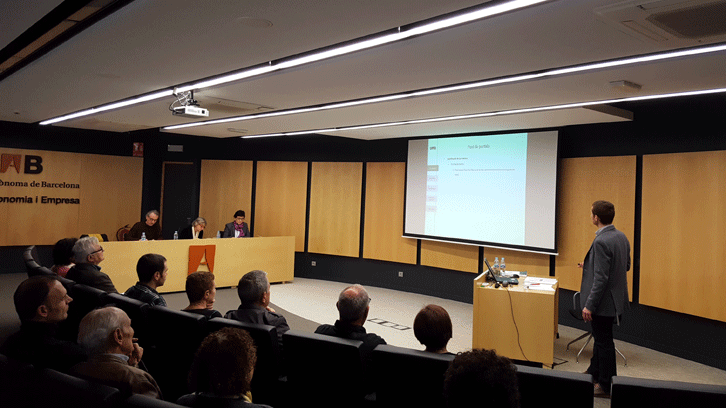Rural development in Catalonia

Since the end of World War II until the 1980s, rural areas of industrialized countries evolved in accordance with the idea of modernization, which on the basis of centralized and sectoral policies led to the consolidation of productivist agriculture. As a result of its social, environmental and cultural impacts, a new approach for rural development emerged during the seventies and eighties. This relied on a greater emphasis on local resources and the leadership of civil society. In recent decades, the adoption of this approach from the institutional sphere, as well as the proliferation of local initiatives, has meant its consolidation as a new paradigm of rural development.
Through a review and a critical analysis of the most relevant academic literature, this thesis shows which is the state of the question on this new paradigm, at the same time that identifies the main theoretical gaps that explain why rural development is still an ambiguous and complex object of study. Then, I analyze three processes of rural development that have recently taken place in Catalonia and have presented different levels of success: the Priorat region, the Lluçanès region and the Conca de Tremp region. Using the model of the ‘rural web’ (van der Ploeg and Marsden 2008) as a framework, all case studies are analyzed based on questionnaires and focus groups with local stakeholders. The comparative analysis enables me to identify the key factors for a successful process of rural development. Moreover, it allows me to verify the validity of the ‘rural web’ and to draw up a proposal of reformulation of this model.
Overall, this thesis represents a double contribution: on the one hand, it moves towards a better understanding of rural development; on the other hand, it provides new criteria for planning and implementing rural development initiatives with higher guarantees of success.
References
Doctoral thesis. Chasing the keys to success. A comparative analysis of three rural development experiences: the Priorat, the Lluçanes and the Conca de Tremp, Eloi Guinjoan. Defended in the Program of doctorate in Geography directed by Antonio F. and Anna Badia.


